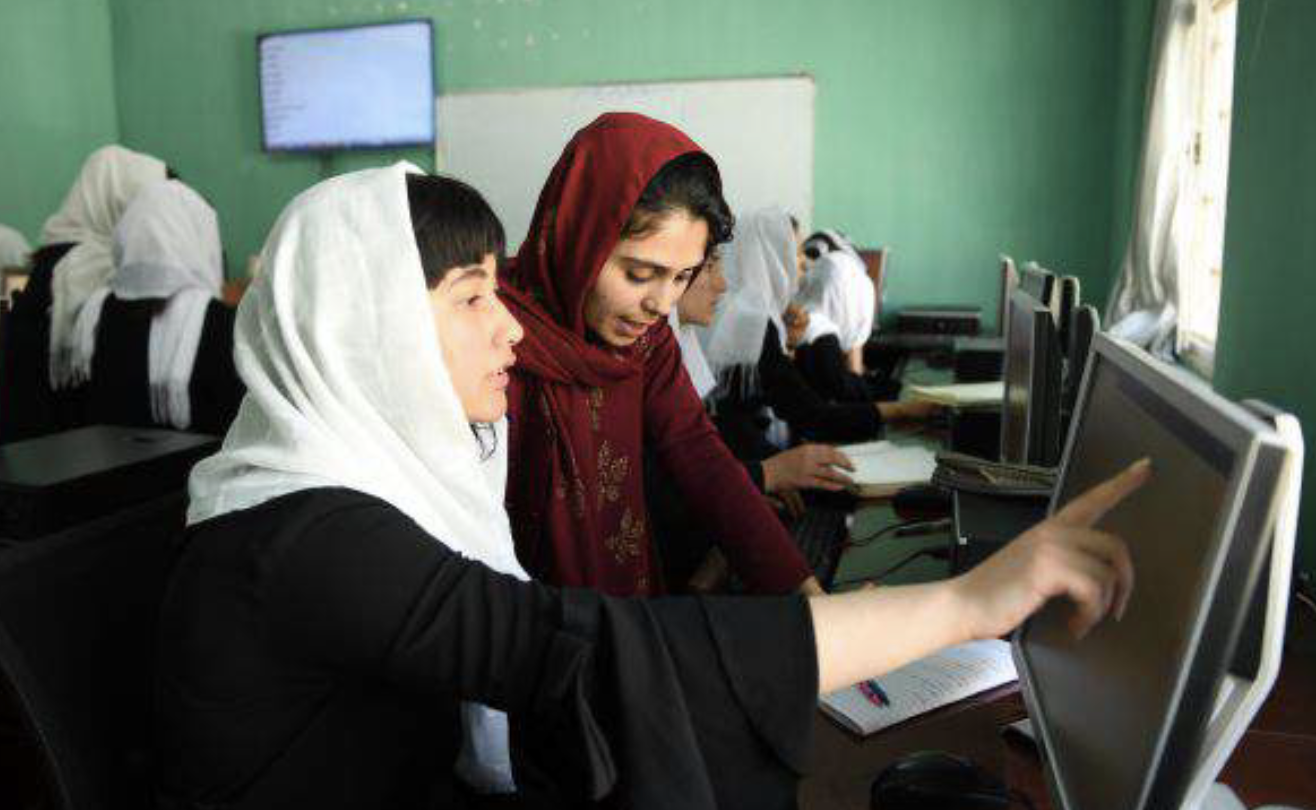November 2021
The HALO Trust commissioned Samuel Hall to conduct empirical research on mine action in Afghanistan in June 2021, two months before the Taliban takeover of the country. The research involved primary data collection in two rural villages, in order to explore changes at the community level that occurred subsequent to HALO Trust landmine clearance. Samuel Hall had also conducted four prior studies and evaluations on mine action in Afghanistan from 2019-2021. This combined research informed the development of a policy brief, which explores the following areas: the changed political context but enduring humanitarian needs in Afghanistan; mine action in Afghanistan since the Taliban takeover; and policy implications and recommendations regarding principled mine action support in Afghanistan and globally.




















